The 1960s were a musical revolution that transformed how we listened to music, with radio stations and record players pumping out tunes that seemed like they would play forever. These were the soundtracks of a generation – songs that made people dance, cry, protest, and dream. But somehow, some of the most iconic tracks mysteriously vanished from our collective playlist, leaving music lovers wondering what happened.
1. “Winchester Cathedral” by The New Vaudeville Band
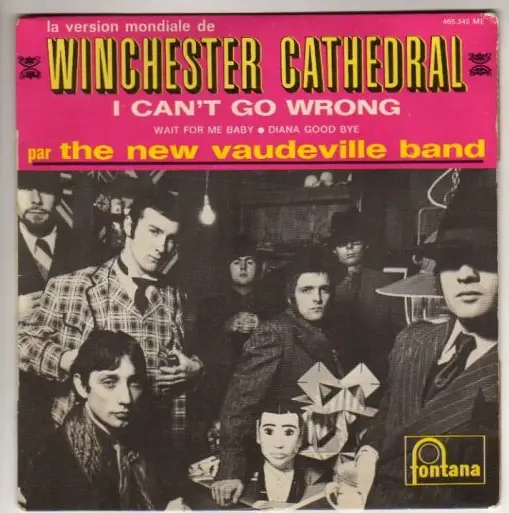
This quirky, nostalgic tune dominated the charts in 1966 with its old-timey sound and infectious melody. The song’s unique barbershop quartet style and whimsical lyrics made it an instant hit that seemed destined for eternal radio play. Yet, almost as quickly as it rose to fame, the track disappeared from rotation, becoming a forgotten novelty of its era. Stereogum applauds the song’s creative team, which helped set this up for guaranteed success.
The song’s success was so unexpected that the band barely existed when it became a hit, with session musicians filling in for live performances. Its vintage sound was both its greatest strength and ultimate weakness, quickly becoming dated as musical tastes evolved. The New Vaudeville Band became a one-hit wonder that epitomized the fleeting nature of 1960s musical trends.
2. “Sugar Shack” by Jimmy Gilmer and the Fireballs
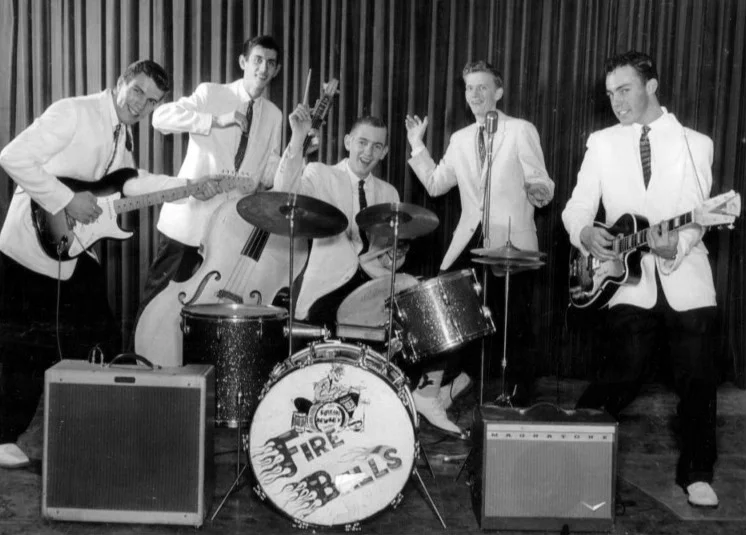
In 1963, this upbeat rock and roll tune captured the hearts of music lovers with its catchy rhythm and playful lyrics about a teenage hangout spot. The song topped the charts and seemed like it would be a timeless classic that would continue entertaining generations. However, it gradually faded from memory, becoming a nostalgic footnote in musical history. Upon Gilmer’s passing, MusicRow honored the memory of a remarkable musical genius.
The track’s simple, lighthearted approach reflected the early 1960s music scene before more complex musical styles emerged. Its straightforward rock and roll sound became overshadowed by the more experimental music that followed in the late 1960s. The song became a time capsule of a more innocent musical moment, preserved but rarely played.
3. “Purple People Eater” by Sheb Wooley
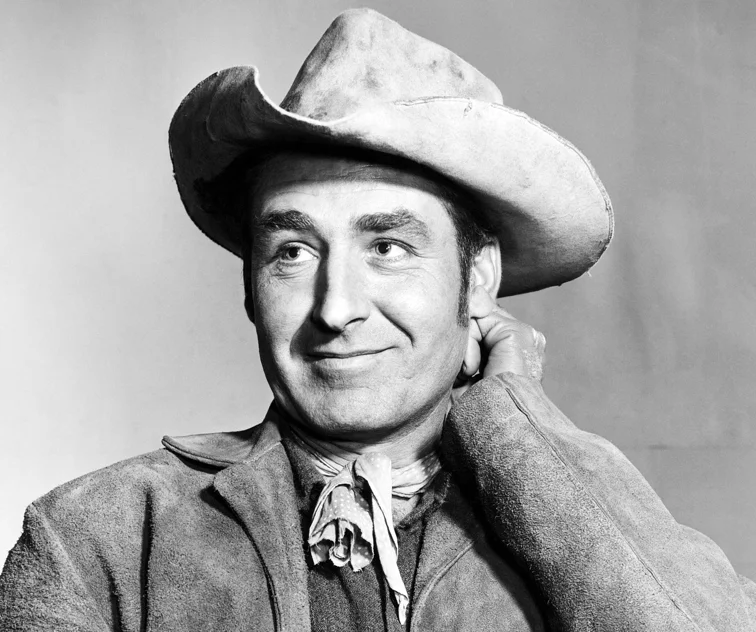
This novelty song from 1958 (though its popularity extended well into the early 1960s) was a bizarre hit that defied musical logic. Children and adults alike couldn’t get enough of its silly lyrics about a one-eyed, one-horned, flying purple people eater. The track was a staple of radio play and parties, seemingly immune to musical trends. His end-of-life struggles were chronicled in the Los Angeles Times, but so was his resounding impact on the world of music.
Despite its initial popularity, the song gradually became viewed as a childish relic of a bygone era. Novelty songs typically have short lifespans, and this track proved no exception to that rule. Music evolved, and what once seemed clever became viewed as a quaint remnant of musical history.
4. “Dominique” by The Singing Nun
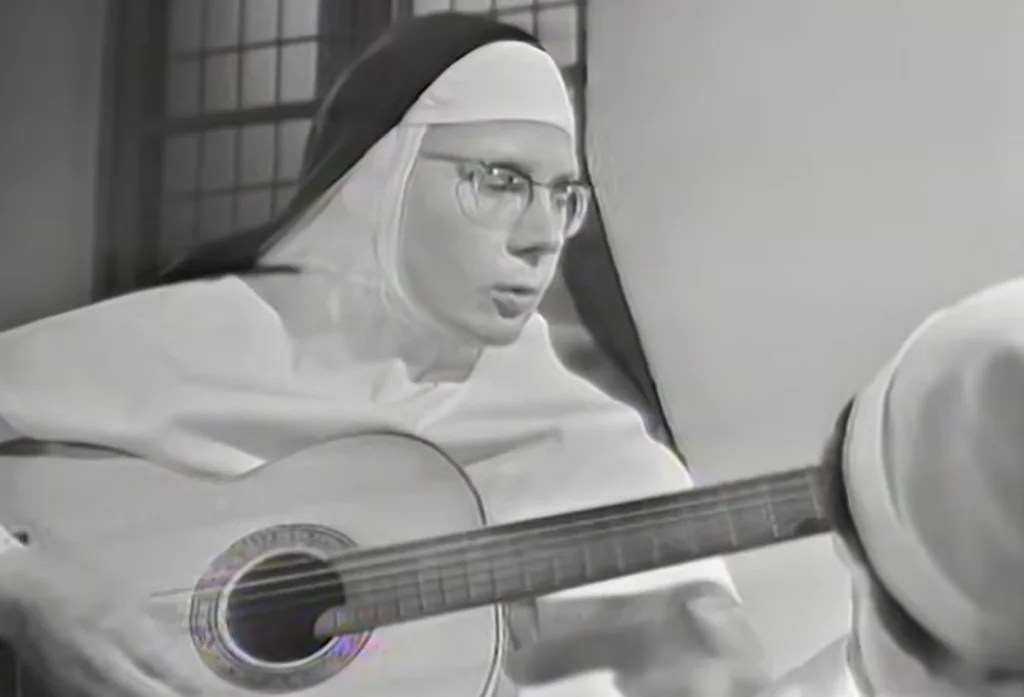
In 1963, this unexpected hit by a Belgian nun became a global sensation that seemed to come from another world entirely. Sung entirely in French about Saint Dominic, the song inexplicably topped charts in multiple countries. Its unique origin and gentle melody made it a truly remarkable musical phenomenon.
The song’s success was so unusual that it felt like a magical moment that could never be repeated. As musical tastes became more complex and politically charged, this innocent religious tune lost its appeal. The Singing Nun became a fascinating footnote in music history, representing a brief moment of unexpected global connection.
5. “Monster Mash” by Bobby “Boris” Pickett
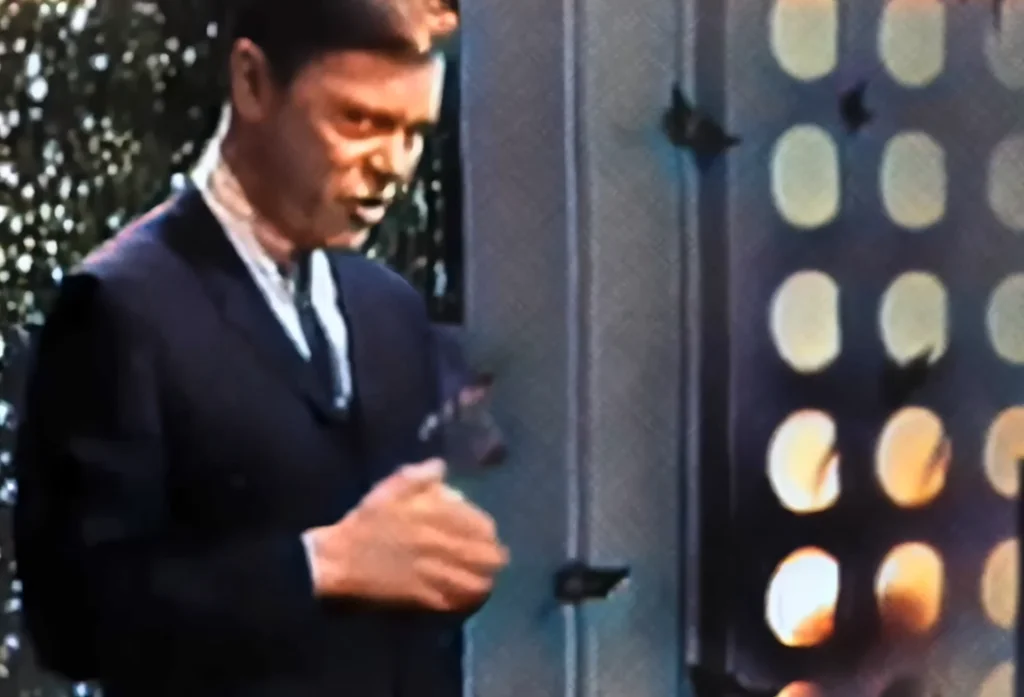
This Halloween novelty song became a massive hit in 1962 and seemed destined to be a perennial favorite at parties and holiday celebrations. Its playful imitation of Boris Karloff’s voice and monster-themed lyrics made it an instant classic that defied seasonal limitations. The track appeared to have a timeless quality that would keep it in rotation forever.
However, novelty songs have a notoriously short shelf life, and “Monster Mash” was no exception to this rule. As musical tastes became more serious and socially conscious, the song became relegated to occasional Halloween playlists. Its initial widespread popularity gave way to a more niche existence.
6. “Itsy Bitsy Teenie Weenie Yellow Polka Dot Bikini” by Brian Hyland
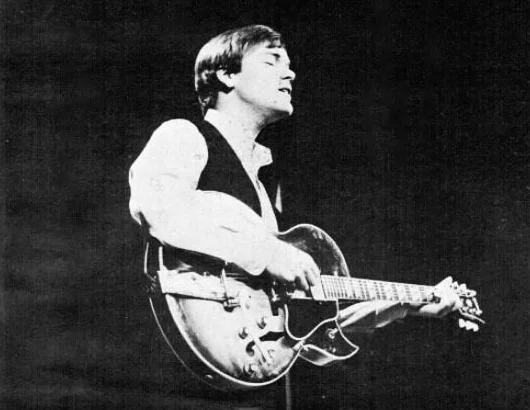
This playful summer hit from 1960 captured the emerging beach culture and teenage romance of its era. Its catchy tune and lighthearted lyrics made it an instant radio favorite that seemed perfect for endless summer playback. The song embodied a carefree moment in musical and cultural history.
As social norms changed and music became more complex, the song’s innocent approach became viewed as somewhat dated. The track remained a nostalgic memory for those who remembered its initial popularity. Its eventual disappearance from regular rotation marked the end of an era of lighter, more innocent pop music.
7. “Hello Muddah, Hello Fadduh (A Letter from Camp)” by Allan Sherman
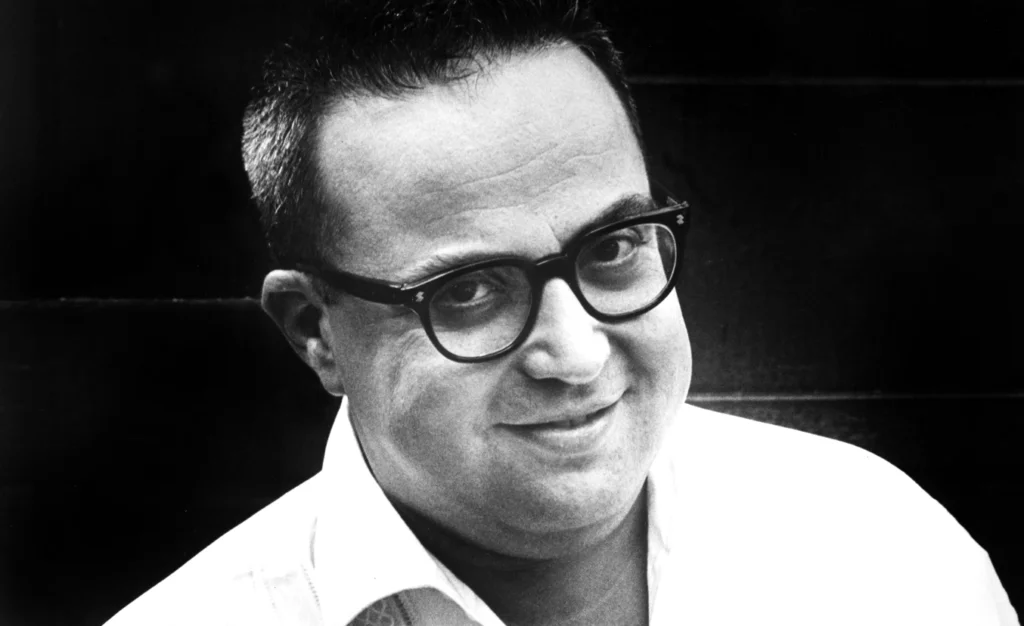
Comedy music found its peak with this hilarious novelty track that became a surprise hit in 1963. Based on a child’s comedic letter complaining about summer camp, the song resonated with anyone who had experienced homesick moments. Its clever wordplay and relatable humor made it a sensation.
The track’s specific cultural moment – summer camp experiences of the early 1960s – gradually became less universally relatable. Comedy music fell out of favor as musical styles became more serious and politically charged. Sherman’s brilliant comedy became a time capsule of a specific cultural moment.
8. “They’re Coming to Take Me Away, Ha-Haaa!” by Napoleon XIV
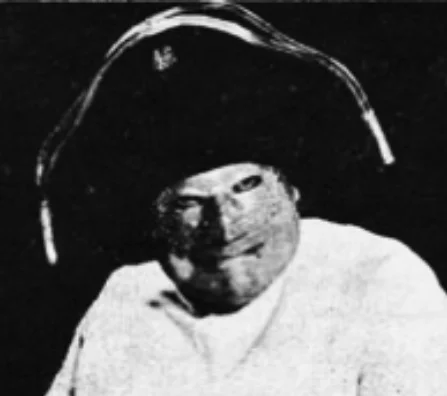
This bizarre novelty track from 1966 captured the quirky humor of mid-decade pop music with its manic energy and absurd lyrics about going crazy. The song’s unusual sound and repetitive lyrics made it an instant novelty hit that seemed to play everywhere. Its unusual production and comedic approach made it a radio sensation that defied traditional musical expectations.
As musical tastes became more serious and artistically complex, the song became viewed as a relic of a less sophisticated musical era. The track’s intentional silliness lost its appeal as listeners sought more meaningful musical experiences. Napoleon XIV became a one-hit wonder that epitomized the fleeting nature of 1960s musical novelties.
9. “The Name Game” by Shirley Ellis
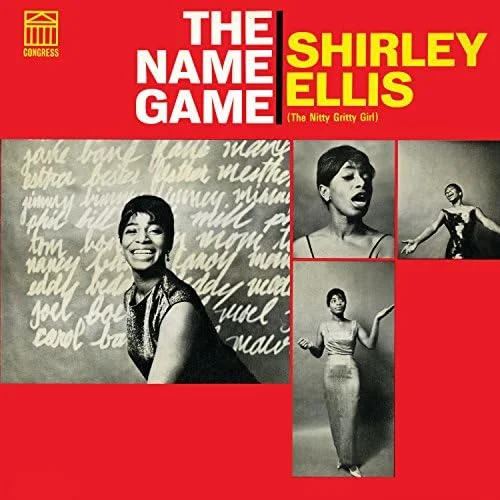
This playful song from 1964 turned name-chanting into a nationwide musical phenomenon that delighted children and adults alike. The track’s clever wordplay and infectious rhythm made it a staple of parties and radio stations across the country. Its unique approach to creating rhyming variations of names became a cultural touchstone that seemed destined to remain popular.
However, the song’s novelty quickly wore off as musical tastes became more sophisticated and socially conscious. The playful, innocent approach of the early 1960s gave way to more complex musical expressions. “The Name Game” became a nostalgic memory of a more lighthearted musical moment.
10. “Harper Valley P.T.A.” by Jeannie C. Riley
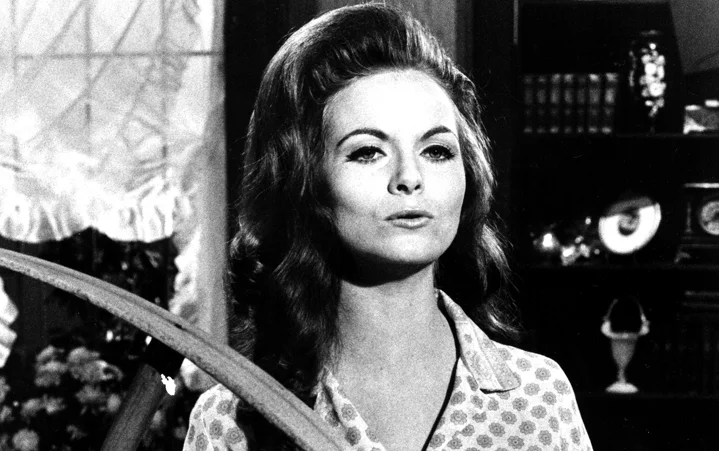
This country-pop crossover hit from 1968 told a scandalous story of small-town hypocrisy that captivated listeners across multiple genres. The song’s narrative style and cheeky lyrics made it a sensation that seemed to speak to a broader cultural moment of challenging social norms. Its success bridged country and pop music in a way few songs had managed before.
As musical styles evolved and storytelling in music became more nuanced, the track lost its initial shock value. The song became a time capsule of late 1960s social dynamics and changing community values. Riley’s breakthrough hit gradually faded from regular rotation, becoming a nostalgic memory of its era.
11. “Yummy Yummy Yummy” by Ohio Express
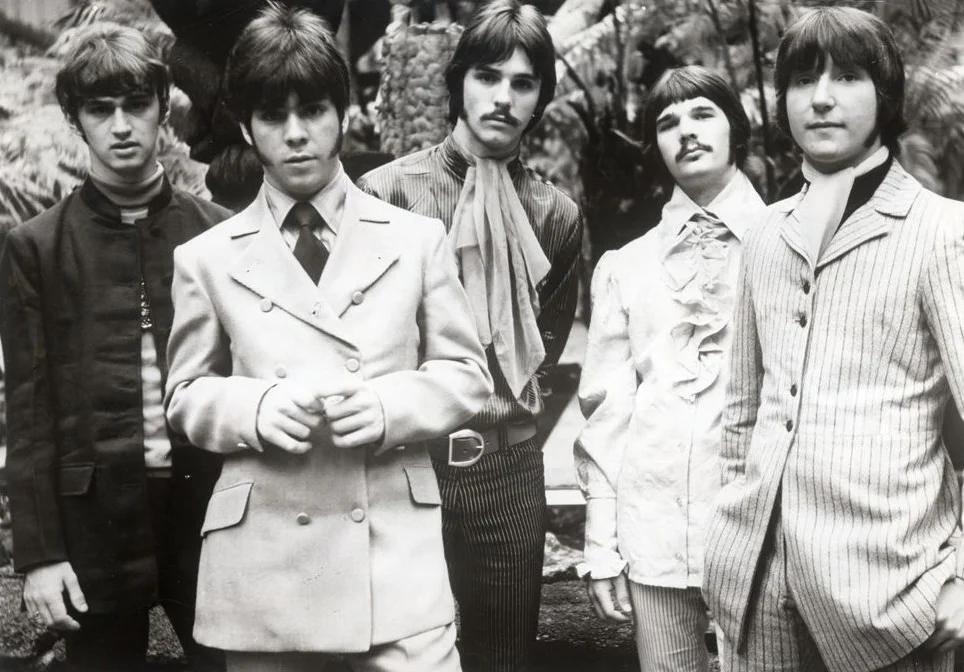
This bubblegum pop hit from 1968 represented the pinnacle of a musical style that seemed designed purely for teenage enjoyment. Its simple lyrics and infectious melody made it a radio staple that appeared unstoppable. The song epitomized the lighthearted approach to pop music that dominated the late 1960s.
As musical tastes became more serious and artistically ambitious, bubblegum pop fell out of favor. The track became viewed as a simplistic remnant of a less sophisticated musical moment. Ohio Express became synonymous with a brief, bright moment in pop music history.
12. “The Little Green Apples” by O.C. Smith
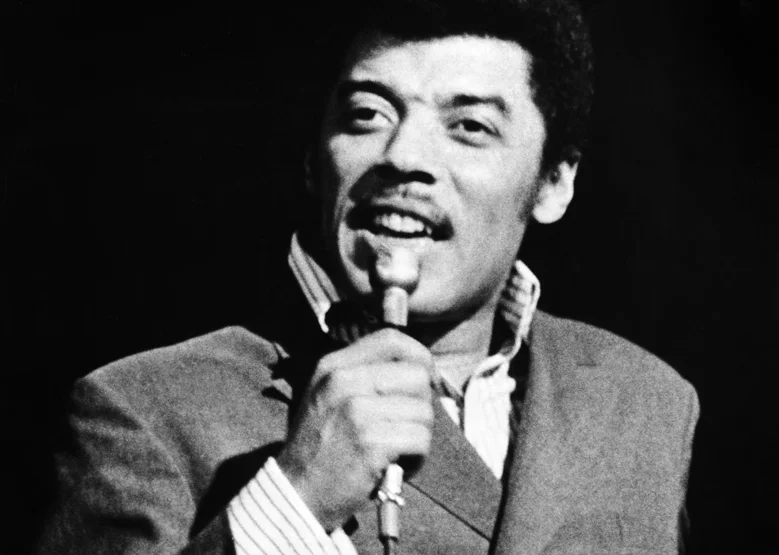
This peculiar hit from 1968 captured a unique moment in musical storytelling with its philosophical lyrics about life’s simple pleasures. The song’s gentle melody and unusual lyrics made it a surprising chart-topper that seemed to defy musical conventions. Its success represented a moment of musical introspection that resonated with listeners across generations.
As musical styles became more complex and socially engaged, the song’s gentle philosophy became less prominent. The track gradually disappeared from radio rotation, becoming a nostalgic memory of a more reflective musical moment. O.C. Smith’s hit became a fascinating footnote in the evolution of 1960s popular music.
Our musical journey reveals how quickly popular songs can transform from chart-toppers to distant memories. These tracks represent more than just music – they’re snapshots of cultural moments, capturing the spirit of an era that continues to fascinate us. Each song tells a story of its time, reminding us how quickly musical tastes can change and how memories become preserved in melody.


